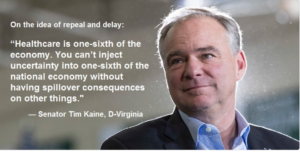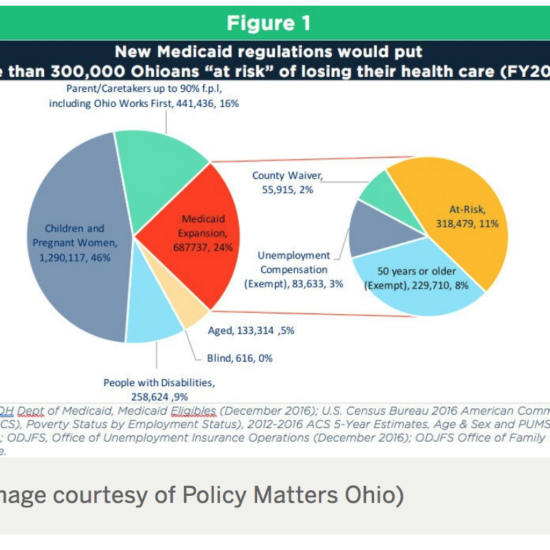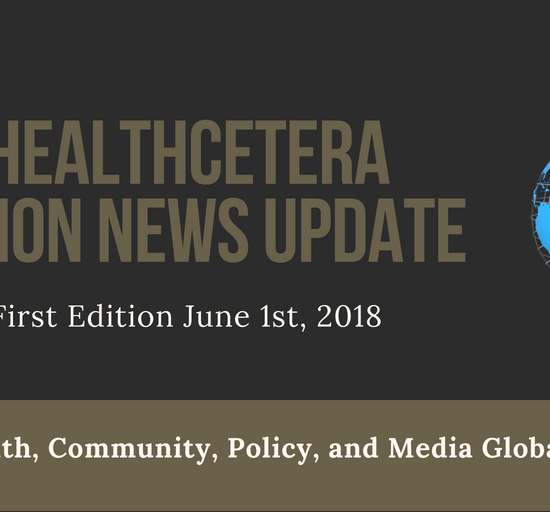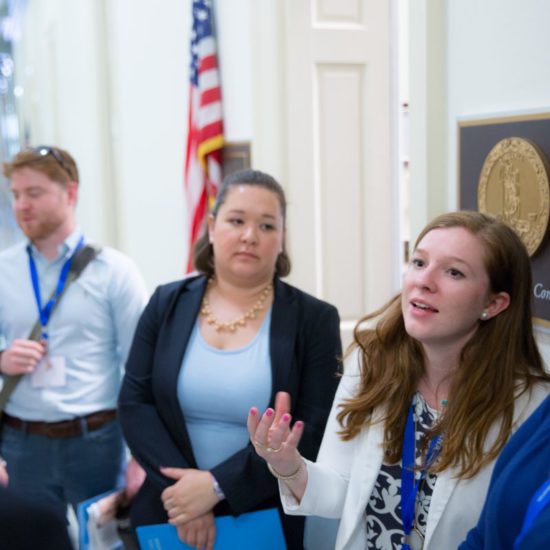This year’s AcademyHealth‘s National Health Policy Conference (NHPC17) theme was, A First Look at the Evidence, Politics and Priorities Shaping Health Policy in 2017. The conference took place in Washington, DC January 30-31, 2017.
AcademyHealth’s President and Chief Executive Officer Lisa Simpson, MB, BCh, M.P.H., FAAP, said these times can be described as VUCA times – VUCA is an acronym used to describe or reflect on the volatility, uncertainty, complexity and ambiguity of general conditions and situations. Her opening remark reflected exactly where things currently are while we wait for the timeline for the Affordable Care Act repeal and more details about the GOPs replacement plans.
The NHPC17 conference provided solid insights by health policy experts, researchers and clinicians on a range of topics including drug pricing, innovations in healthcare and health disparities. Plenaries featured three members of the United States Congress- Republican Senator Bill Cassidy (R-LA),Democratic House Minority Leader Congresswoman Nancy Pelosi (D-CA) and Senator Tim Kaine (D-VA).
Senator Cassidy reported on his and Senator Susan Collins‘ (R-ME) replacement plan for the Affordable Care Act called the Patient Freedom Act. They propose giving states three options: Keep the Affordable Care Act, switch to a different insurance expansion, or go forward with no coverage expansion at all. Sarah Kliff at VOX has an excellent article explaining the details of the Patient Freedom Act.
 Senator Kaine and Congresswoman Pelosi spoke to the successes of the ACA emphasizing key provisions critical to it’s success including the two most popular provisions – no penalty for pre-existing conditions and extending coverage of a family member through age 26. This image shares a statement Senator Pelosi said during her speech that got her a round of applause from the audience.
Senator Kaine and Congresswoman Pelosi spoke to the successes of the ACA emphasizing key provisions critical to it’s success including the two most popular provisions – no penalty for pre-existing conditions and extending coverage of a family member through age 26. This image shares a statement Senator Pelosi said during her speech that got her a round of applause from the audience.
Emily Stewart, Director of Public Policy for Planned Parenthood Federation of America presented on Tuesday’s panel: The Future of Reproductive Health Care: Prospects for 2017. She addressed the Republican’s move to eliminate Planned Parenthood’s funding. Planned Parenthood gets its funding from several different government sources. According to the group’s most recent annual report, Planned Parenthood affiliates got $553.7 million from federal, state, and local governments, accounting for almost half of its total funding. The report shows that about 75 percent of that government support comes from the Medicaid program to pay for direct medical services provided to low-income patients, including contraception, cancer screenings and sexually transmitted disease testing and treatment. The remaining quarter comes from other sources, primarily the Title X federal family planning program. She debunked myths reported that these funds are used for abortions and the impact defunding would have on women in the United States.
Ms. Stewart’s pre-recorded presentation will air on CHMP’s HealthCetera on Thursday, February 2 from 1:00 PM-2:00 PM on WBAI 99.5FM streamed on wbai.org
You can also listen to the podcast on iTunes here:
Podcast: Play in new window | Download







